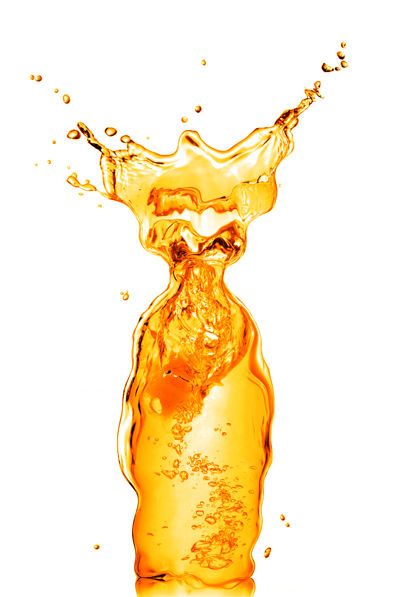Blood Health
Alcohol and Your Stem Cells
Drinking in moderation can be good for you: alcohol can be a social lubricant, a cheers to health, a clinking toast to symbolize trust, a happy send-off (if you smash champagne on a boat’s hull), and a celebration for every brand new year. Beyond what alcohol represents socially, red wines (specifically the resveratrol in the skins of red grapes) actually chemically contributes to human heart health. Alcohol can be a positive thing—spirits for high spirits!—but it also has its dangers.
Excessive drinking can seriously harm your body. Just consider the effects on your blood and circulation:
Drinking and Blood Clotting (and What’s Missing From Your Blood)
One drink does not have a significant effect, but higher doses of alcohol prevent blood platelets from sticking together and clotting. You need your blood to clot when you are injured; that’s what helps a cut stop bleeding and scab over, so that it’s protected from dirt and germs while your body takes the time it needs to heal. Regular excessive use of alcohol can keep the blood too thin to keep you safe. If you’re at risk from too much clotting, moderate intake of alcohol may help, but going overboard with consumption of alcohol essentially waters down your blood, and that can harm you. You need to take preventative measures if you’re going to drink, to counteract the damage being done.
Alcohol and Blood Pressure (and What You Need to Recover)
Many factors can contribute to high blood pressure: lack of exercise, unhealthy diets, family medical history, and excessive intake of salt. Regularly drinking too much alcohol also affects your blood pressure. A normal heart pumps blood around the body at a low pressure, but high blood pressure means your heart is working harder, putting pressure against the walls of your veins and arteries, pressure that can weaken them. High blood pressure increases your risk of stroke, heart disease, and heart attack—blood pressure health is not to be taken for granted; it should be treasured and protected, because it’s as valuable as your own life. Damage to your heart is very difficult to recover from–the heart muscle and vital arteries literally have to be rebuilt by stem cells, and the more damage done, the more stem cells you use up for maintenance and repair.
Blood Alcohol Concentration (and How to Rebuild)
The more alcohol in your blood, the more you lose: visual impairment, lack of muscle control, slow thinking, loss of balance, reduced hearing, and sometimes no impulse control. This is the graduating effect of alcohol on your behavior and perceptions the night you drink—there is the same graduating effect on your health the more nights you drink excessively. Alcohol overtaxes the liver, the heart, and the brain—it can cause cirrhosis and alcoholic hepatitis, high blood pressure and heart disease, memory loss and slurred speech. These damages to your blood, blood pathways, and the organs that filter and flourish from your blood can be stopped if you can cease or control the intake of alcohol. To heal the damages, you may need even more help to recover and rebuild.



Good analysis.